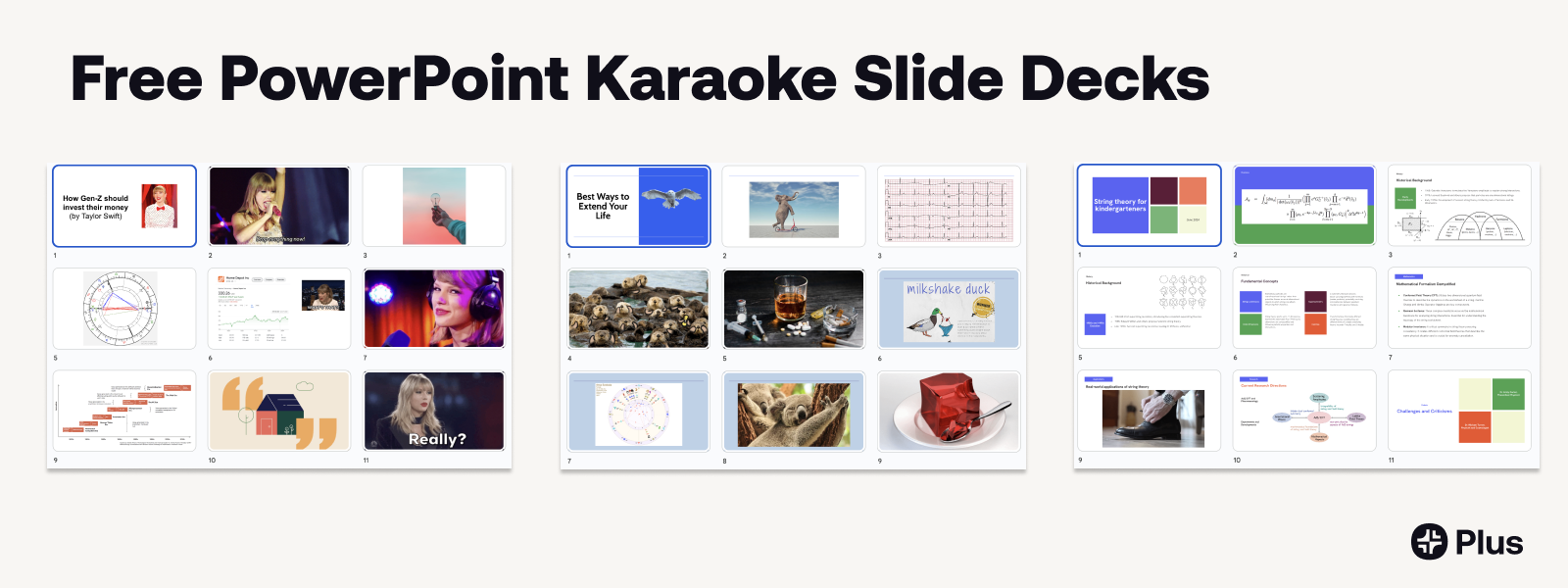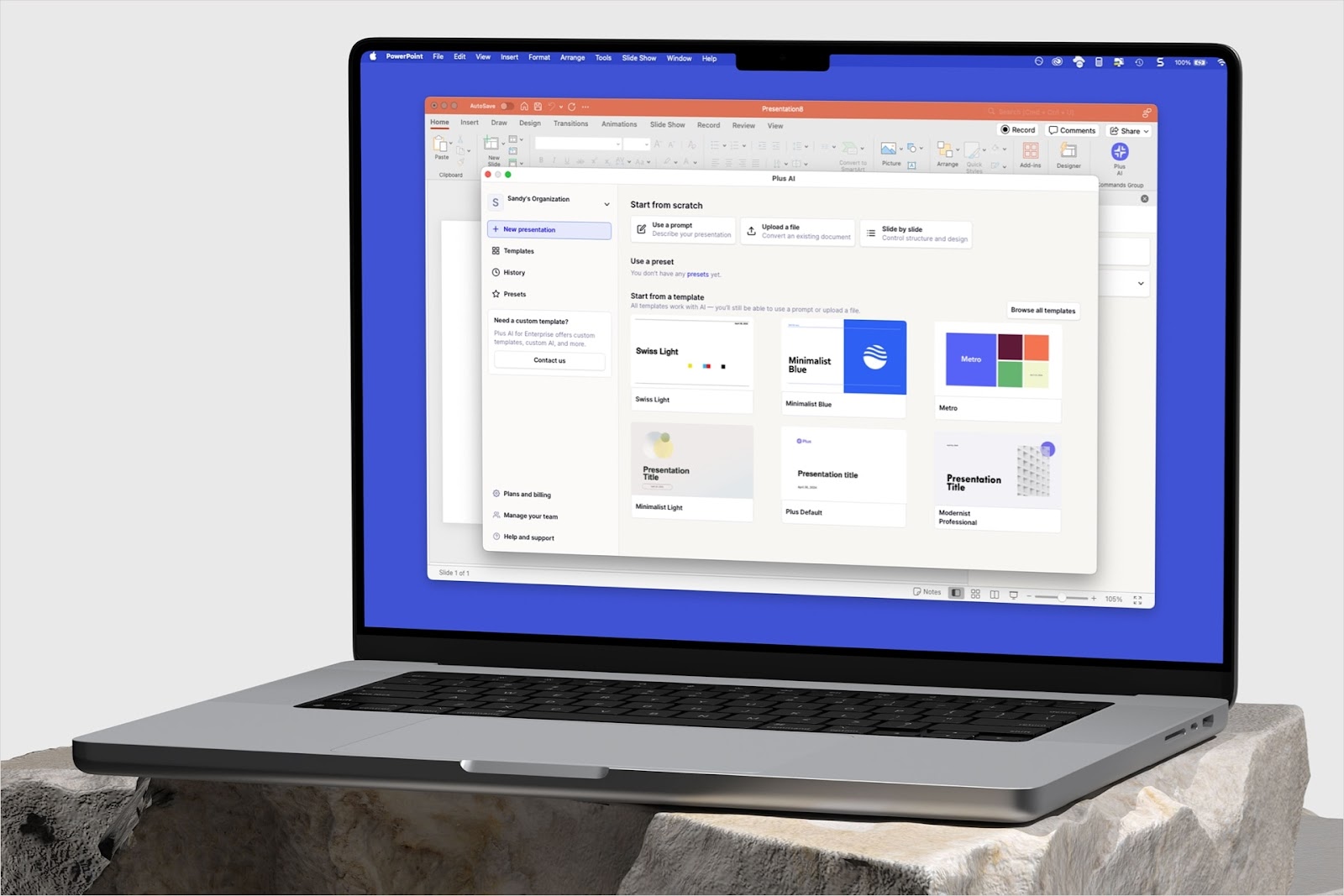The most rewarding part of the startup journey is bringing together the right group of people to solve novel problems and build valuable products for customers. Building a great team is also one of the most challenging parts of getting a company off the ground because today's hiring market is incredibly competitive, and it can be difficult to reach the right people.
Over the last year, we've spent a lot of time getting tips from our advisors, reading articles from thought leaders, and reflecting on what works and what doesn't work for recruiting. We're always trying to learn and improve, and here are some of the principles that have helped us build an amazing team of twelve (so far):
Treat every candidate like they are the world's best VC.
The average startup employee spends two to four years at a company, while the average VC invests in more than two companies every year. The way we see it, a candidate making a decision on where to work is making a much bigger decision than a VC deciding to invest in a startup. And that is always top of mind when we talk to potential hires.
As a startup, we know that candidates need to evaluate the potential of Plus as much as we need to evaluate their engineering/design/product/GTM/leadership skills, so all of our recruiting processes include me or my co-founder giving candidates the same pitch that we give to a Silicon Valley VC. Just like with investors, we think it's critical to find people who are passionate about our product vision and market opportunity.
We know great people have a lot of options, so we also invest the extra time on details to create a great candidate experience. For example, we promptly respond to all new applicants within one business day, we clearly communicate our interview process upfront and do not surprise candidates with additional interview steps, and we structure our interview process to be representative of the "real work" and collaboration that gets done at Plus.
Spend more time on recruiting. Try everything. Do things that don't scale.
Most blog posts on startup hiring will tell you to reach out to your network and hire the most amazing engineers you know. (Aha! If only we had thought of that!) Unfortunately, the reality for most founders and hiring managers we talk to is many of the amazing people they know are already employed.
For us, the only "magic bullet" that has worked for recruiting is spending more time on recruiting. We ask our advisors what other companies do that works, we ask our friends what their companies do that works, and we try as many things as possible. Our goal is to make sure we are engaging candidates across every channel to create more possibilities and opportunities to connect with the right person at the right time.
We think of people in three categories when looking for a new job. There are (1) people who are not looking for new roles, (2) people who are happy to learn more about "what's out there" but unlikely to switch jobs, and (3) people who are ready to look for a new job. Once someone moves from "stage 2" to "stage 3," our goal is to be one of the first companies to talk to them.
When we say "try everything," here are things we have done to meet more candidates and expand our hiring pipeline:
- Hiring marketplaces (e.g., Hired, AngelList) - We use services like AngelList and Hired to find candidates who are already entering "stage 3" of the job search. While there is a lot of noise on these sites, it's great that people have self-identified as ready to start interviewing for new opportunities immediately.
- Direct outreach (e.g., LinkedIn, email) - Rather than asking everyone on the team to just think about people they know, we ask if they can ask their friends/ex-coworkers if they know anyone who is looking for a job. We also find 2nd degree connections on LinkedIn and ask for intros directly. Finally, we create lists of target companies to search for people who have relevant work experience to what we are building.
- GitHub - We find people who are key contributors to some of the open source projects that we use and ask if they'd like to learn what we are building using their projects. This helps us to see if there are ways we might be able to work together and/or if they know people who would be interested in what we are building.
- Job boards (e.g., HackerNews, LinkedIn) - One of our engineers found his last two jobs on HackerNews, so he always submits Plus to the monthly "Who's Hiring" thread on HN. We also make sure to have our open roles posted on LinkedIn so when someone checks out one of our profiles, they know we are hiring.
- Writing and sharing content - We wrote a post about what it's like to work at Plus on KeyValues in order for candidates to get a better sense of our culture even before speaking with us. We also include a short pitch deck about Plus's vision and a video demo of our product in our outbound recruiting messages.
It can be very frustrating to not see immediate results when starting with any one of these channels. But we find that steady, consistent efforts across all of them pay off over time, and the combination of channels is very helpful. We often hear that candidates who first engaged with us through one channel actually read about us somewhere else first or knew someone else in our network that could tell them about Plus.
Ask for real-world work and show candidates what it's like to work with us.
One of the most common complaints about interviews is that they are not good predictors of what it's actually like to work with someone because they create artificial, high-pressure environments, and they are not reflective of actual "on the job" work.
As much as we can, our interviews focus on real-world work. For example, frontend engineers work on a pair programming exercise where engineers demonstrate how they would use React to implement pieces of our design system. For our VP of Engineering interviews, we gave candidates a high level overview of our product roadmap and asked them to organize their thoughts in a short document that could serve as a starting point to discuss the next 3-6 months of our technical strategy.
We've also considered take home assignments and more theory-based interviews, but at our current team size, we've found that these types of interviews either take too much time or are not representative of the types of problems we deal with on a daily basis. Our current interviews require less time from candidates who are juggling multiple opportunities, and they give us and them a better sense of what it will be like to work together on the job.
Finally, one of our biggest advantages as a startup is our ability to move quickly without a lot of decision-making overhead. We try to keep our hiring process concise to demonstrate that to candidates. If we think someone would be a great fit for one of our open roles, our goal is to give them the first offer that they receive.
Offer attractive compensation. Be transparent and be flexible.
Our philosophy on work is we want to hire the best person we can for each job, and then remove as many roadblocks and distractions as possible for them to get their best work done. We don't want people to be worried about whether they are getting paid enough for their work - instead we just want people who are excited about what we are building.
In order to attract the best talent, we target 75th to 90th percentile compensation relative to other companies at our stage. When we give someone an offer to join our team, we walk through a slide deck with benchmarks so candidates can see how we generated their offer. Part of that slide deck is also an overview on how equity works and what a reasonable expectation should be for the value of their equity over time.
We also allow candidates to trade off cash and equity compensation based on their personal preferences and circumstances. We think sharing our compensation data and giving people a framework to receive more equity or higher cash compensation creates a fair and transparent process that reflects how we strive to make decisions at Plus.
In addition to offering top of market compensation packages, we offer benefits like a monthly outsourcing budget, to encourage people to think about how they can make the best use of their time and get help on things that are not core to their work, and a monthly work from home budget that can be spent on food, office equipment, and other benefits our employees would typically receive in an office environment.
Create a culture of trust, shared ambition, experimentation, and ownership.
Long-term, we believe the best way to build a great recruiting culture is to build a great work culture. Because we're a remote-first company, we've invested heavily in creating rituals, working agreements, and team norms that help us connect with one another, even though we don't sit in the same office every day.
Today, we try to tell candidates about our culture and give them a sense of what it's like to work with us when we bring them through our interview process, but as we grow into a larger team, we would like to have our culture draw in people who share our values of trust, shared ambition, experimentation and ownership.
Over time, we think our employees will be the best way for new people to learn about our culture, but we also want to start writing more about what it's like at Plus with posts like this or our KeyValues page that describes our engineering culture in more detail. Hopefully, these articles will help potential hires get to know us better on their own time, without having to schedule multiple calls and interviews.
As a startup, our biggest source of competitive advantage is being able to quickly experiment, learn, and iterate on our product (it's also what makes working at a startup so fun and exciting). We take that some approach to building our company and building our team.
Of course, we are still learning! We would love to hear from you if these recruiting principles resonate with you and/or how you do things differently.
Last but not least, if this sounds appealing to you, please check out our Careers page!





